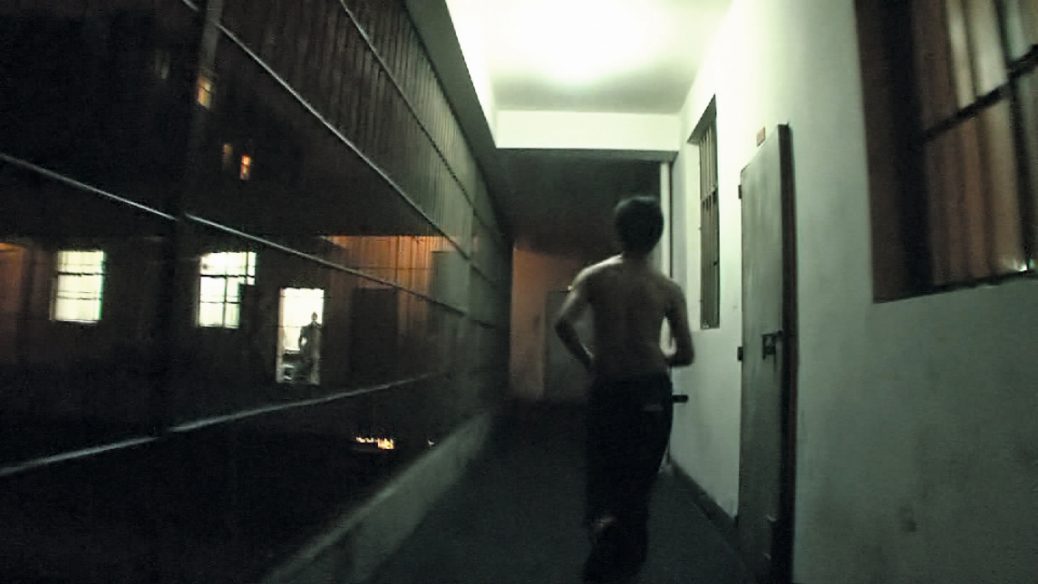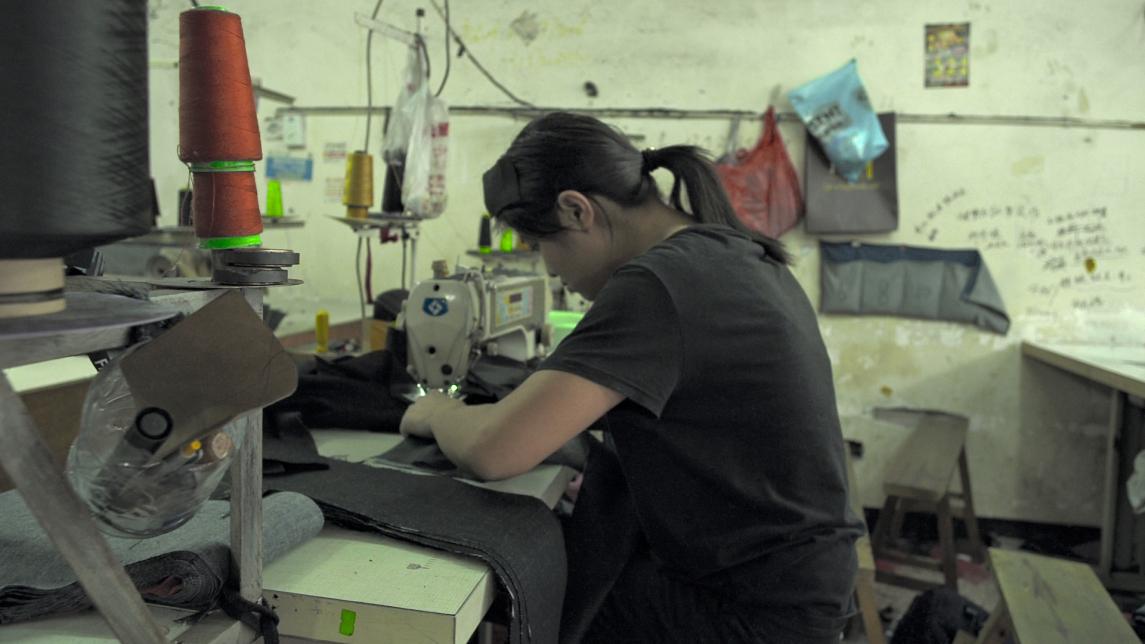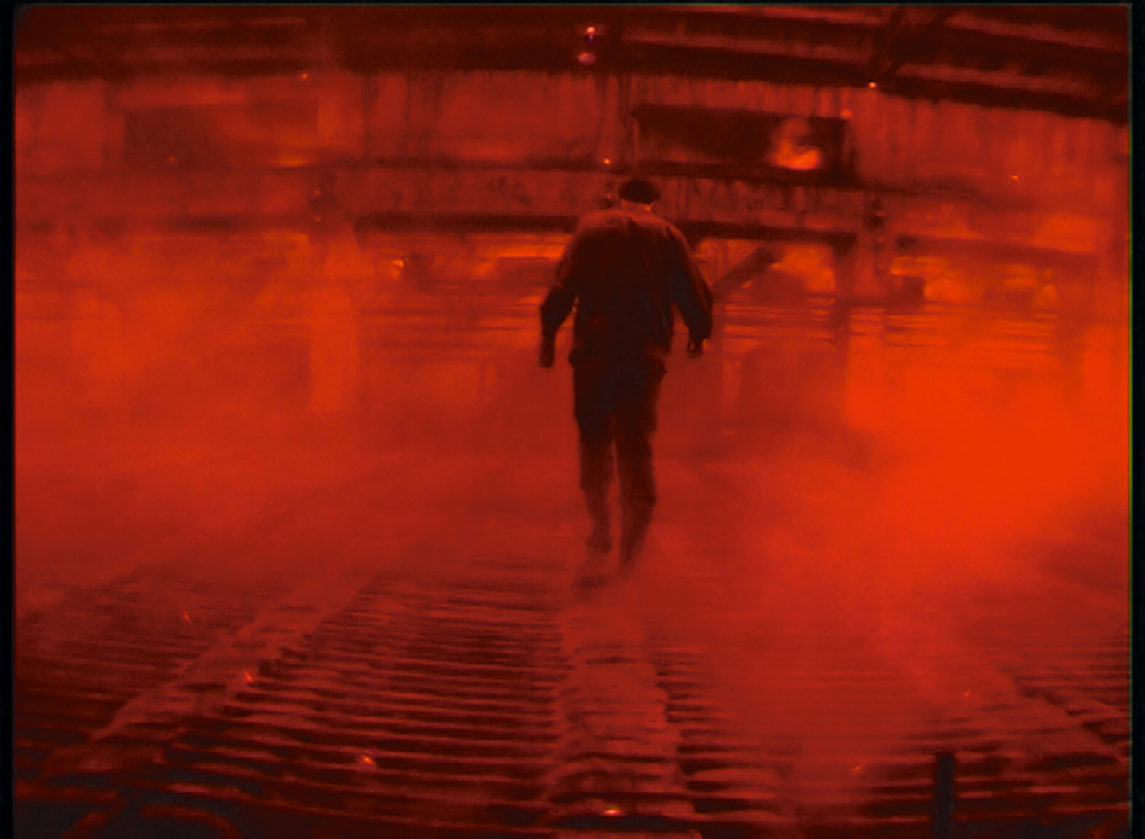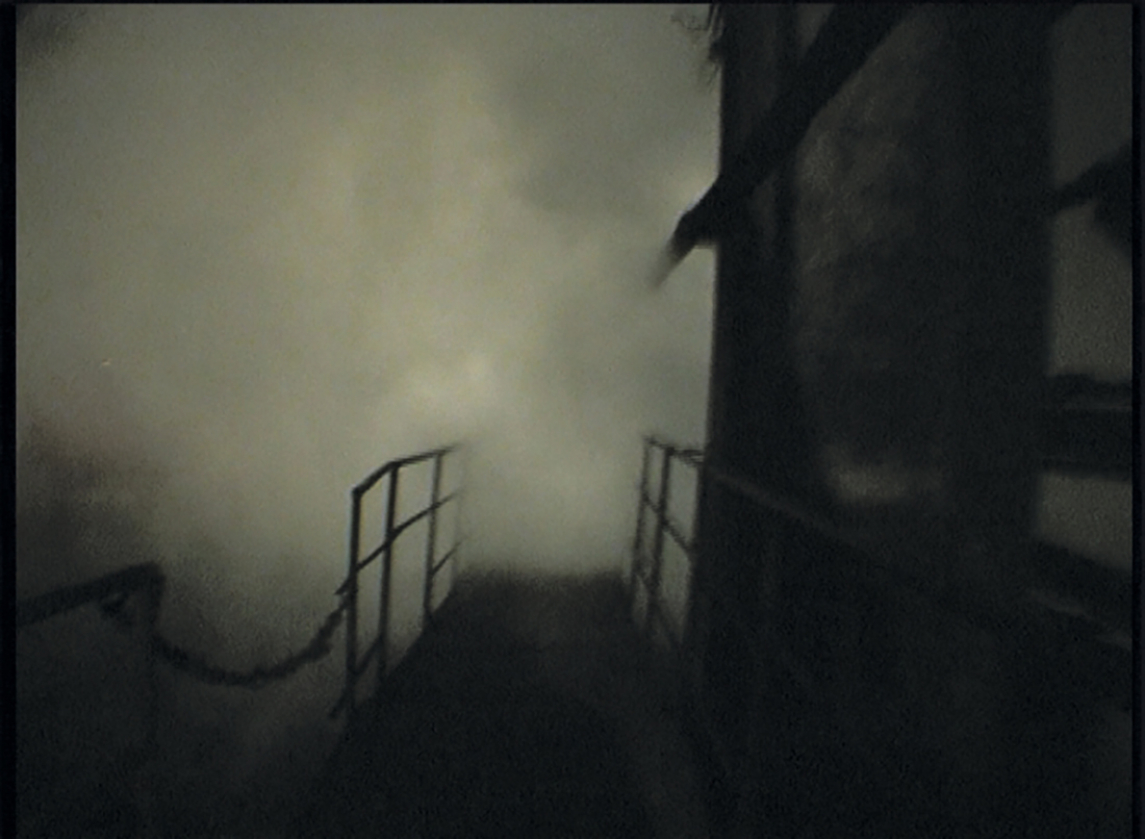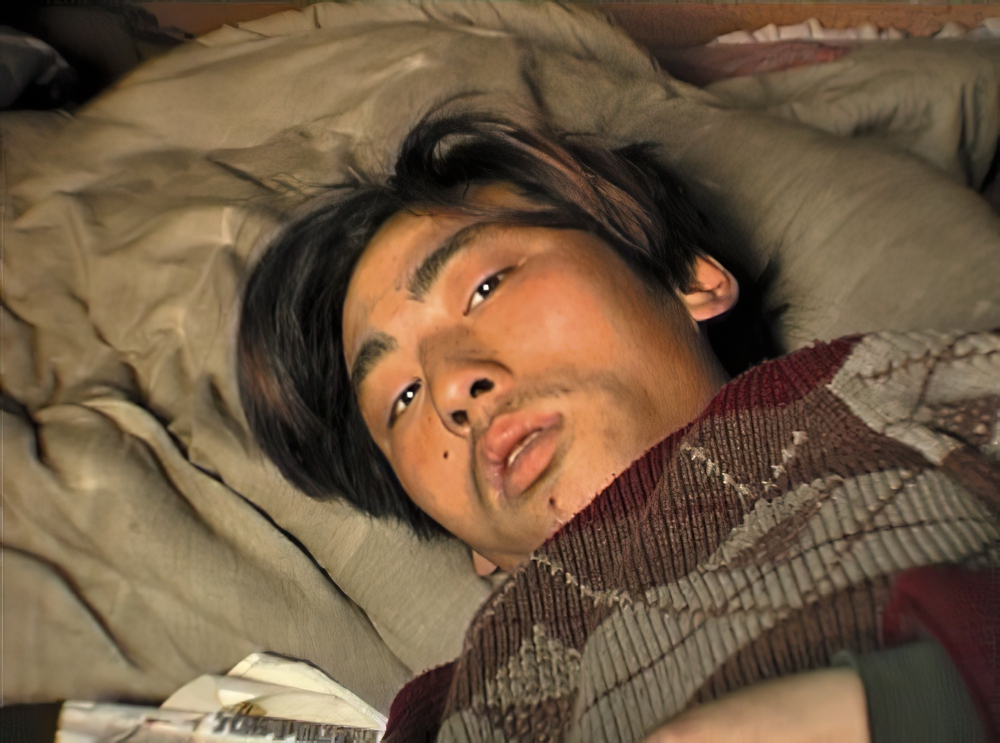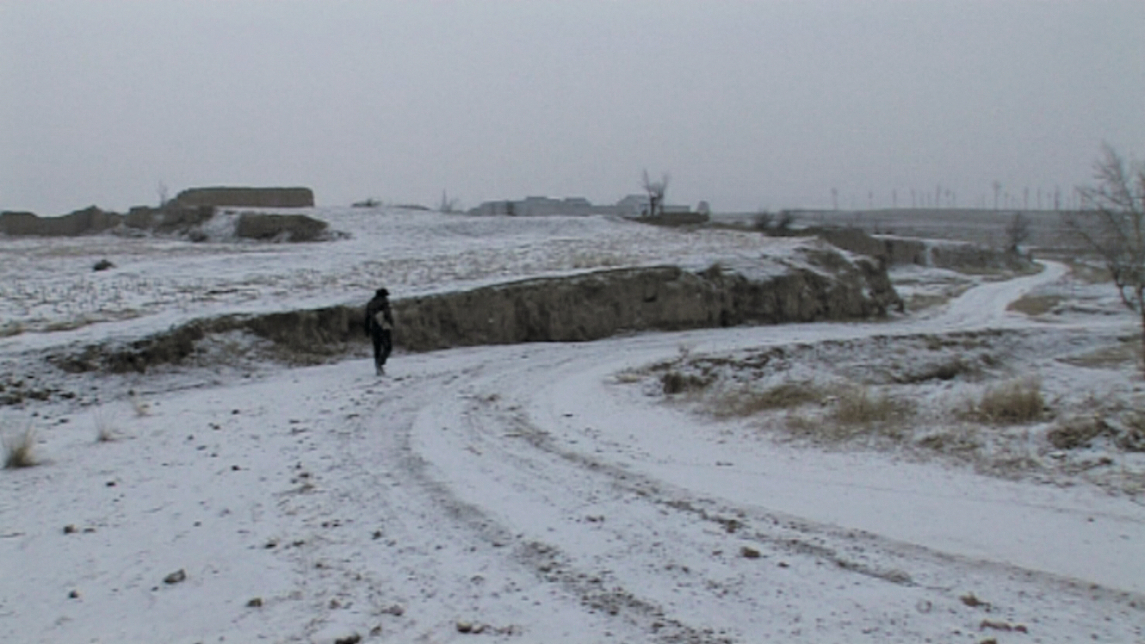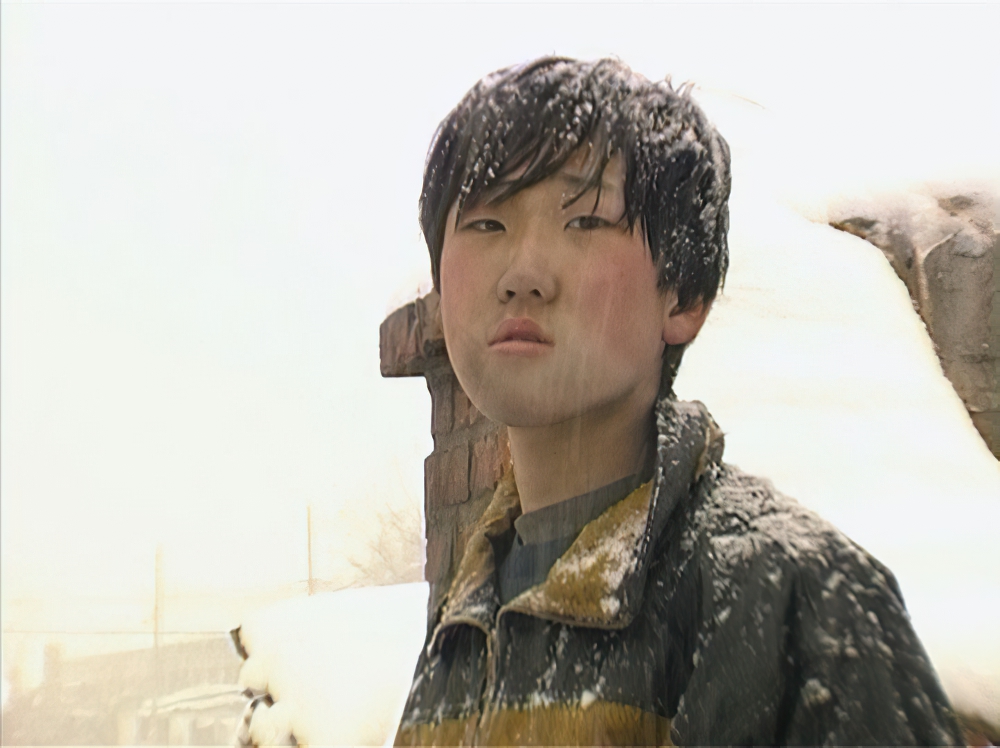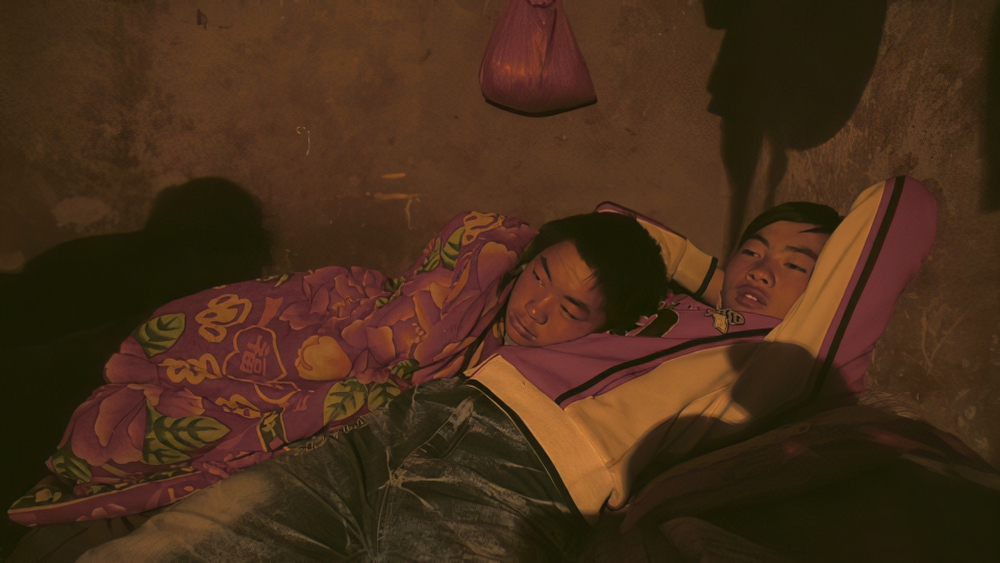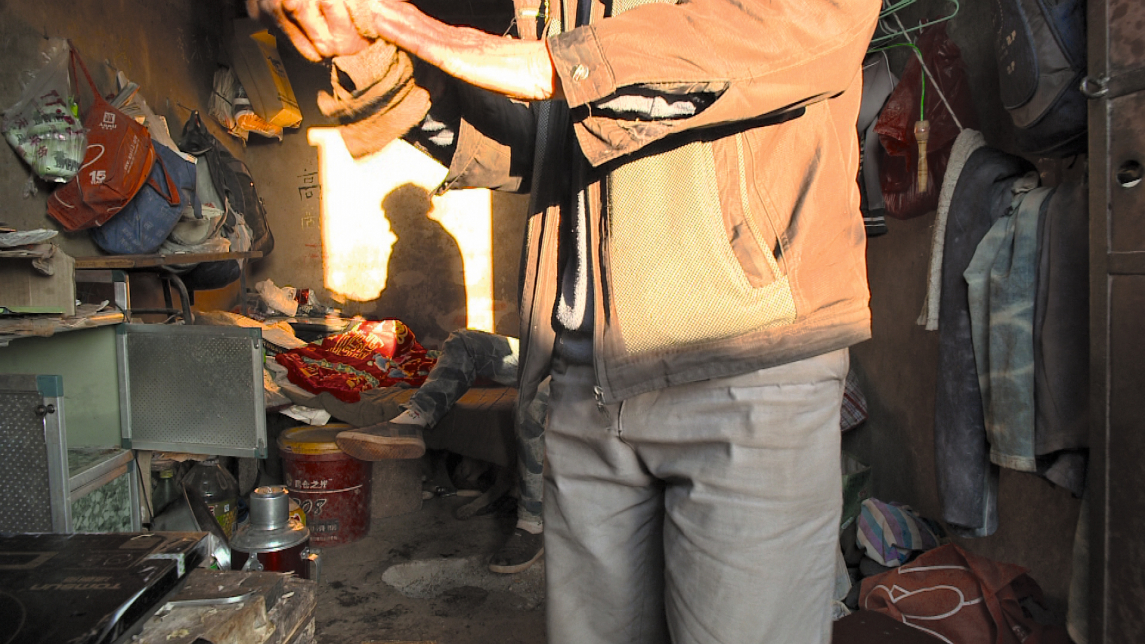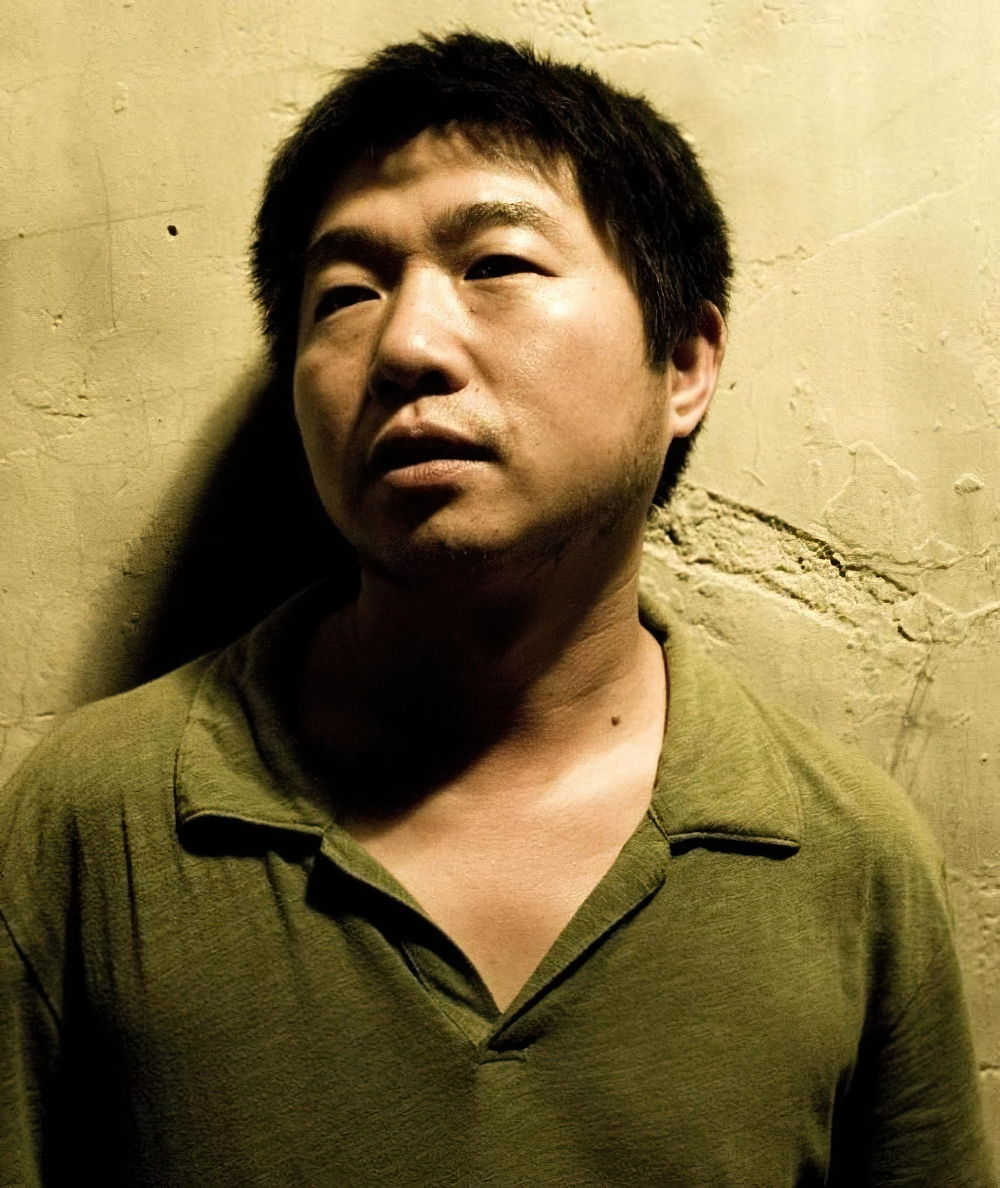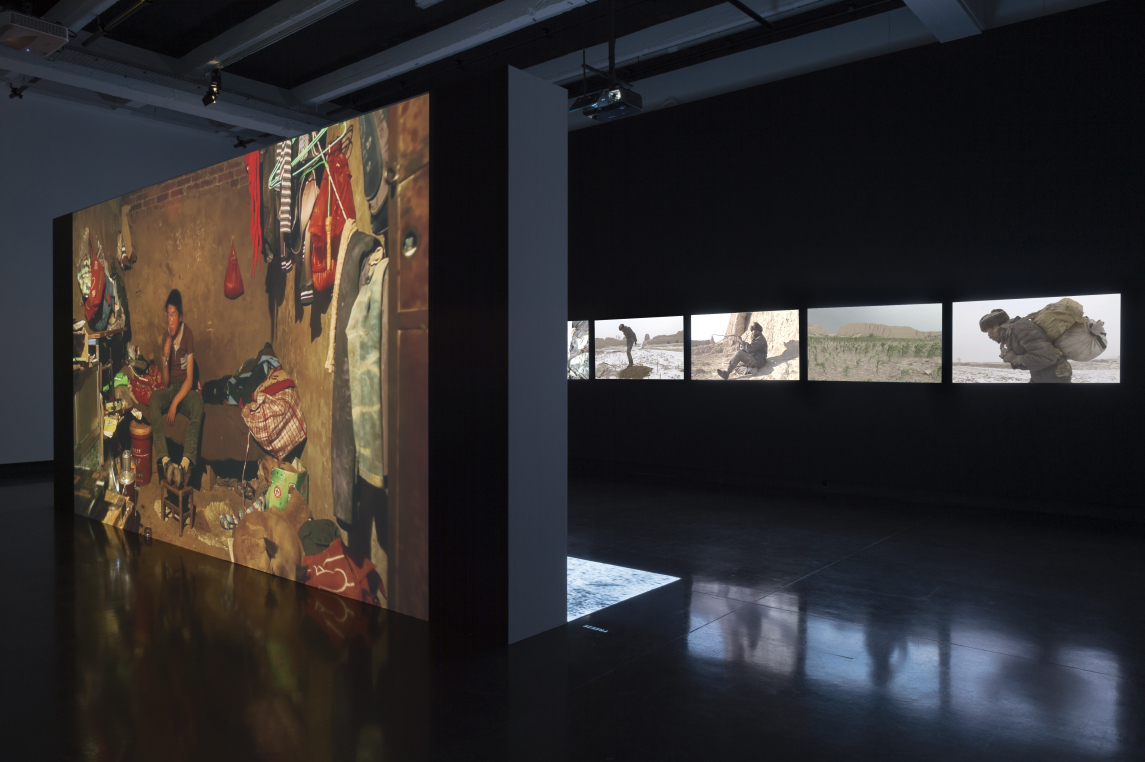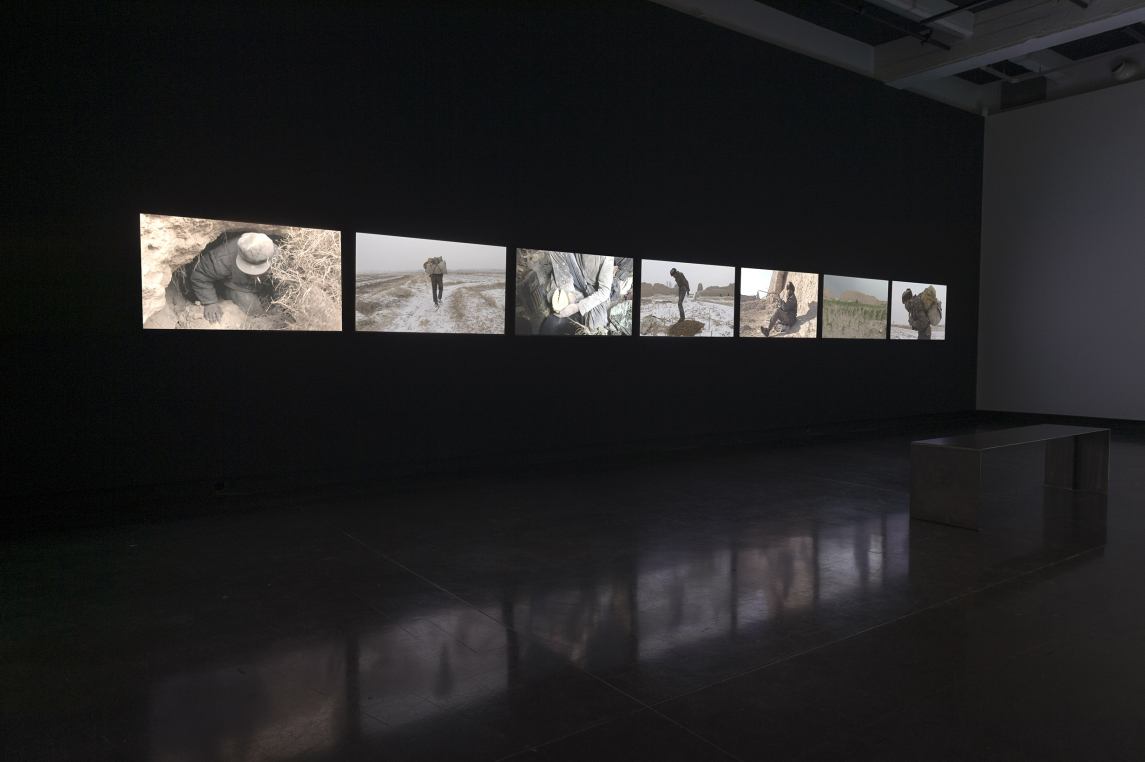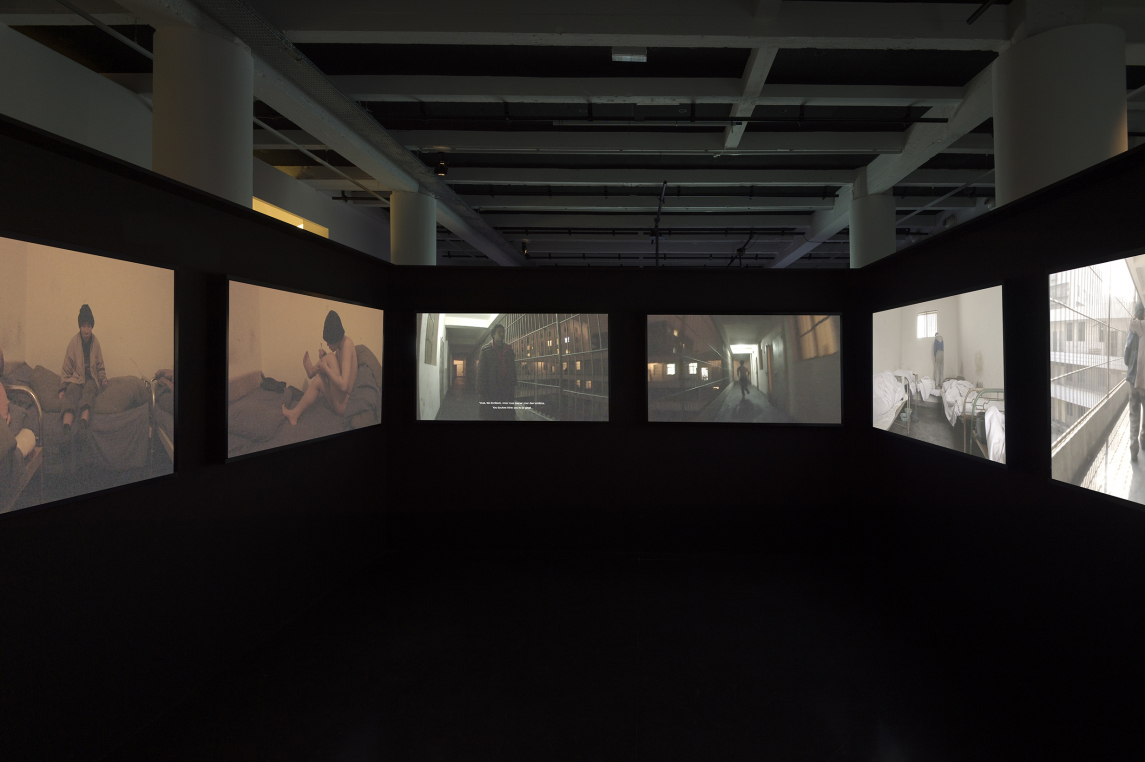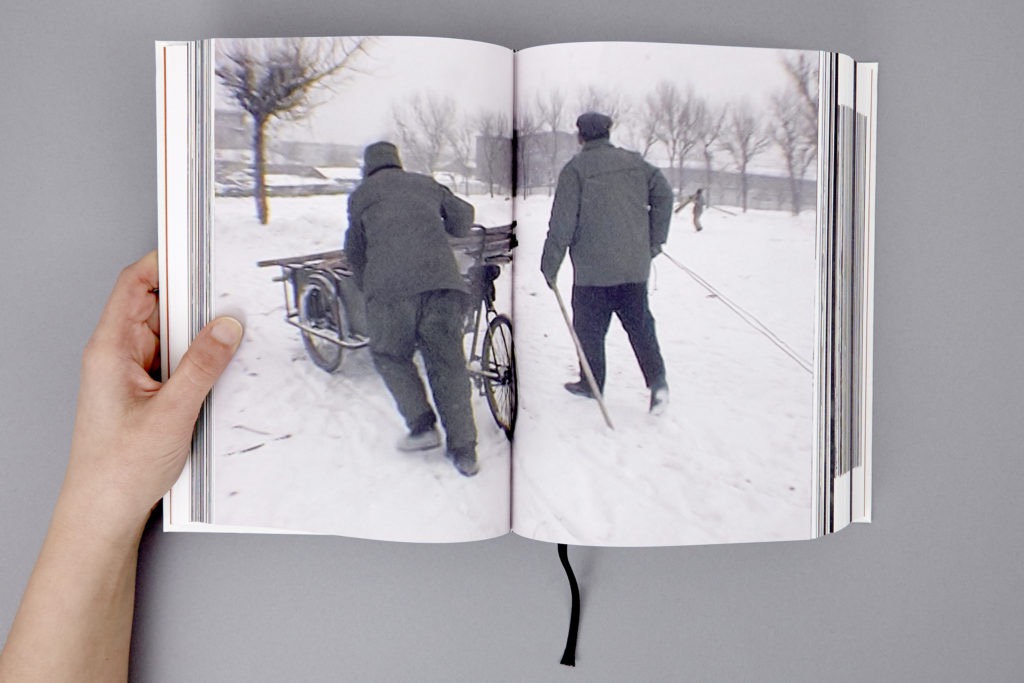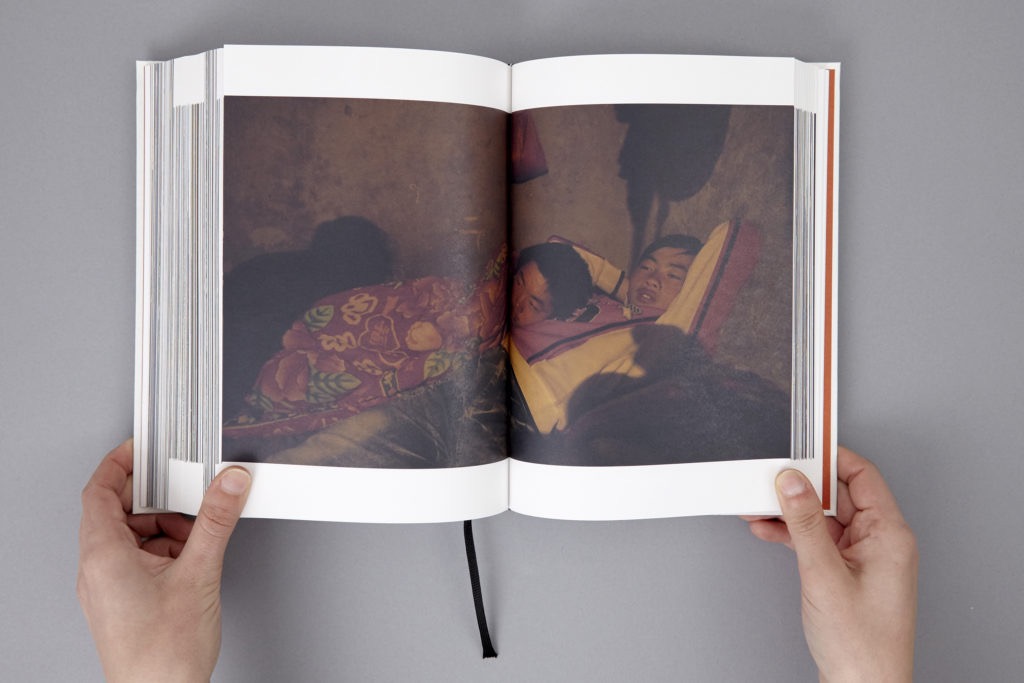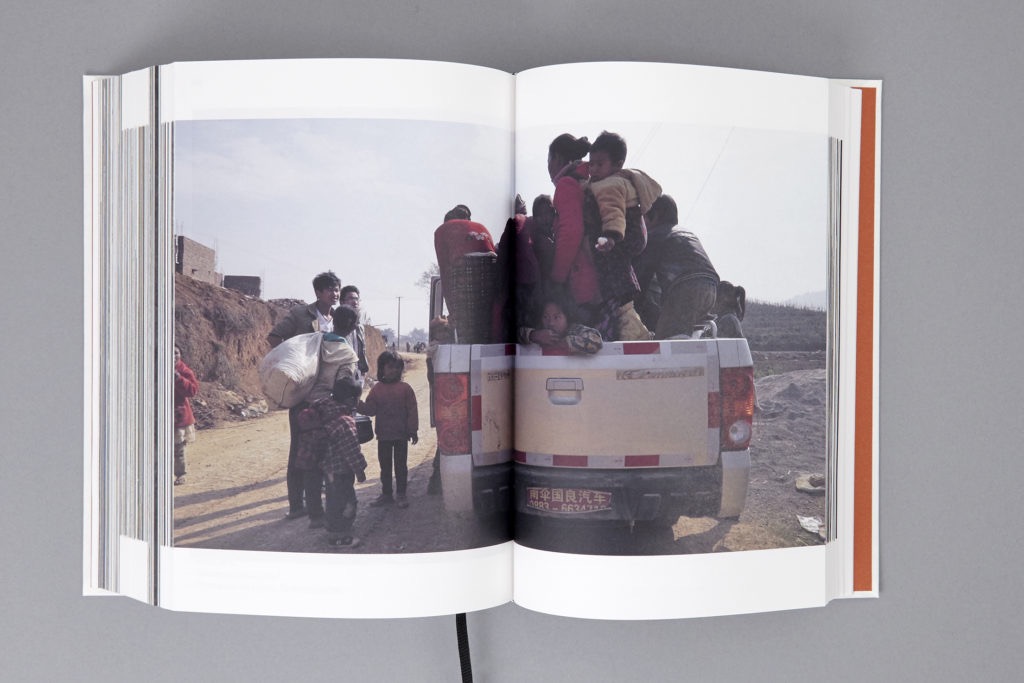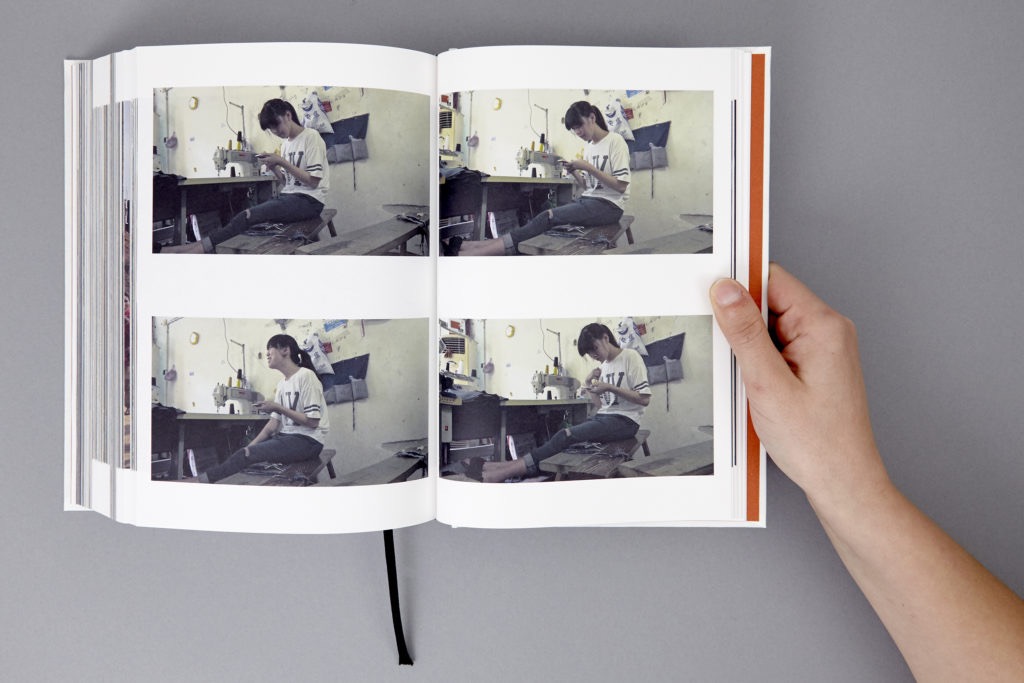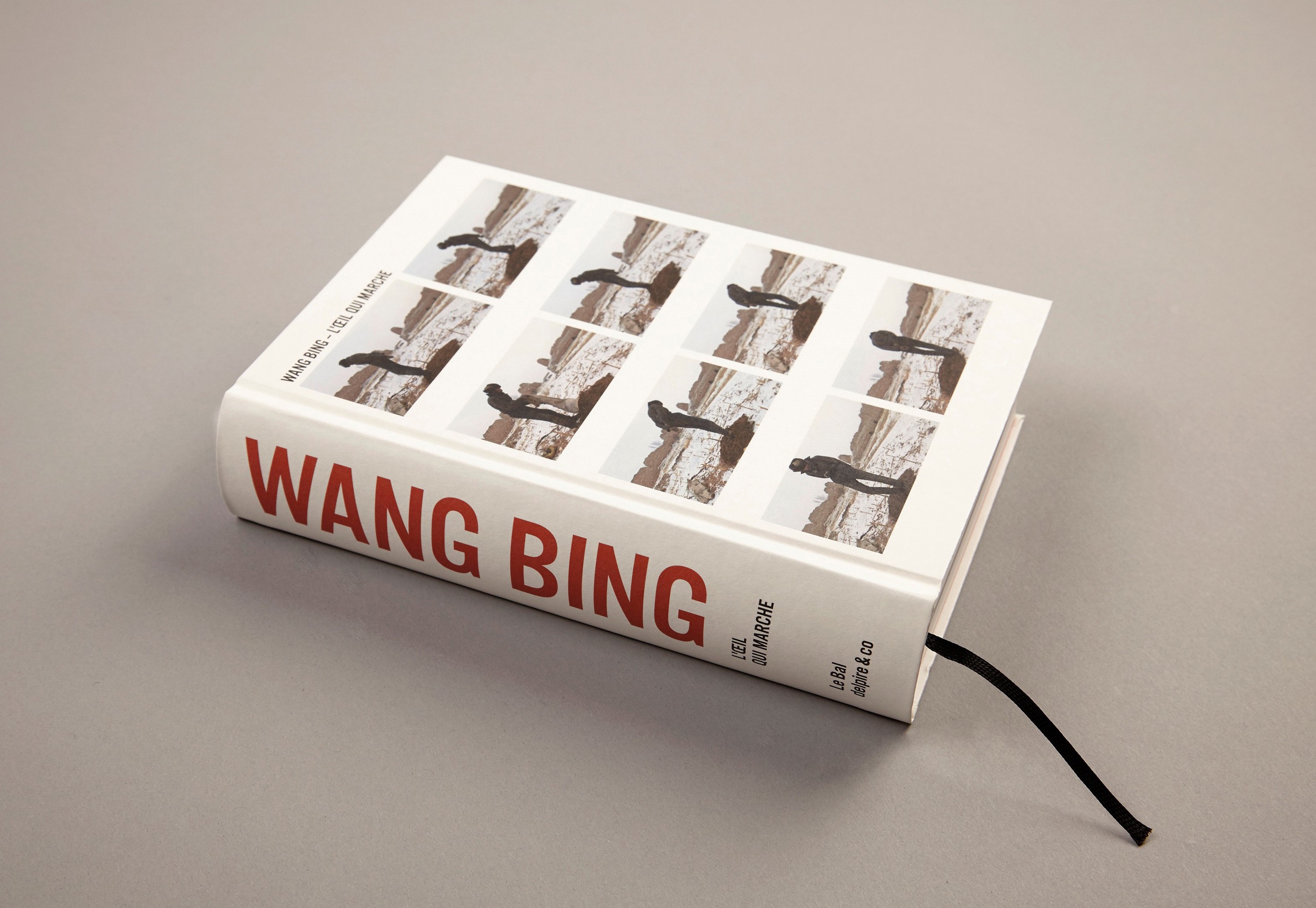Wang Bing – The Walking Eye
Le Bal presents an immersive installation dedicated to Wang Bing, one of the greatest contemporary filmmakers, and conceived with the artist, based on a proposal by curators Dominique Païni et Diane Dufour.
“One day in 1999, in northeastern China, a thirty-two-year-old man who had studied photography at an art school picked up a little amateur video camera and filmed, by himself, for almost two years, the disappearance of China’s largest metallurgical complex. The result was West of the Tracks (2003), a masterly film that lasts nine hours, experienced by many of us as marking the emergence of a filmmaker and of a unique way of embodying cinema. It was the beginning of the Wang Bing phenomenon.
Since then, Wang Bing has been constantly with us. In twenty films made in the course of as many years, with humility and extraordinary determination, a monumental œuvre has emerged. It is a body of work that encompasses, like two sides of the same coin, the anthropological films in which the filmmaker undertakes to follow the traces of those excluded from the Chinese economic miracle and the historical films in which the words of the last survivors of the “anti-rightist” campaigns of Mao Zedong are collected and preserved. Obliged to cut up this enormous body of work, we have chosen to explore only the former. In these films, a form is invented, the imprint of the obstinate presence of Wang Bing following on the heels of others, the virtuosic framing of a world in perpetual motion, the radiant humanity of this walking eye.
For Wang Bing, making films is born of an urgent need to question his own time, his own country, to establish without delay an alternative to official media coverage, oscillating between propaganda and censorship. Wang Bing’s films are pervaded by a question: how to display the lives of those nameless Chinese whom the “socialist market economy” has ignored, disdained, or exploited.
The political scope of Wang Bing’s films, never openly declared, is manifest therefore in an ethics of patience, of concentration, of persistence.
Just being there, not too close, not too far away, waiting, not leaving, not intervening, knowing nothing beforehand, letting the truth of his subject unfold on its own: this minimal approach reflects his willingness to submit to whatever happens. But, however much he may cede the foreground to others, Wang Bing himself does not disappear. Everything is seen and heard through his camera, the sole point of capture. The sound of his breath or of his footsteps, a worker’s question (“Are you filming?”), attest to the unseen omnipresence, like a sensitive filter, of his filming body” (Dominique Païni et Diane Dufour, curators).
The exhibition is supported by Wils Production.
The book, co-edited for the exhibition by Delpire & co, Roma Publications and LE BAL, is supported by the CNAP and galerie Chantal Crousel.
About the Author
Wang Bing was born in 1967 in Xi’an, China. After studying photography at the Lu Xun School of Fine Arts, then at the Beijing Film Academy (BFA), he worked in television for a while before starting his career as a freelance filmmaker.
He is revealed to the public with West of the Rails (1999-2003), a 9-hour trilogy that traces the decline of a large, dormant industrial site near Shenyang in northeast China. The film has received numerous awards and distinctions, including the Grand Prize of the International Documentary Film Festival in Marseille, the Robert and Frances Flaherty Prize of the Yamagata International Documentary Film Festival in Japan, and the Grand Prize of the Lisbon International Documentary Film Festival. This first work established Wang Bing as a prominent figure in contemporary Chinese cinema.
He then directed numerous documentary films such as Fengming, Chronicled a Chinese Woman (2007), The Three Sisters of Yunnan (2012), À la folie (2013), Ta’ang (2016), Argent amer (2016), and Dead Souls (2018), as well as fiction, Le Fossé (2010). These films are all presented at international festivals, in Cannes, Venice, Berlin, or Locarno, where he won the Golden Leopard in 2017 for his film Madame Fang.
At the same time, Wang Bing engages in the creation of video installations such as L’Homme sans nom (2009), Crude Oil (2008), 15 Hours (2017), Beauty Lives in Freedom – Gao Ertai (2019). In 2009, the Chantal Crousel Gallery in Paris organized his first solo exhibition. In 2017, Wang Bing received the EYE Art & Film Prize in Amsterdam for his body of work. His films were the subject of retrospectives at the Centre Pompidou in 2014, at documenta 2014 in Athens and Kassel in 2017, at the Museo Reina Sofía, and at the Filmoteca Española in Madrid in 2018, then at the Kunsthalle Zürich in 2019. His video installations are present in many collections, including those of the M + Museum (Hong Kong), the Center Pompidou (Paris), the Museo Reina Sofia (Madrid).
In 2018-2019, Wang Bing was a visiting artist-professor at Fresnoy, Studio national des arts contemporains. Today, Wang Bing shares his life and work between China and France.
Wang Bing : The Walking Eye
until November 14, 2021
LE BAL, Paris

